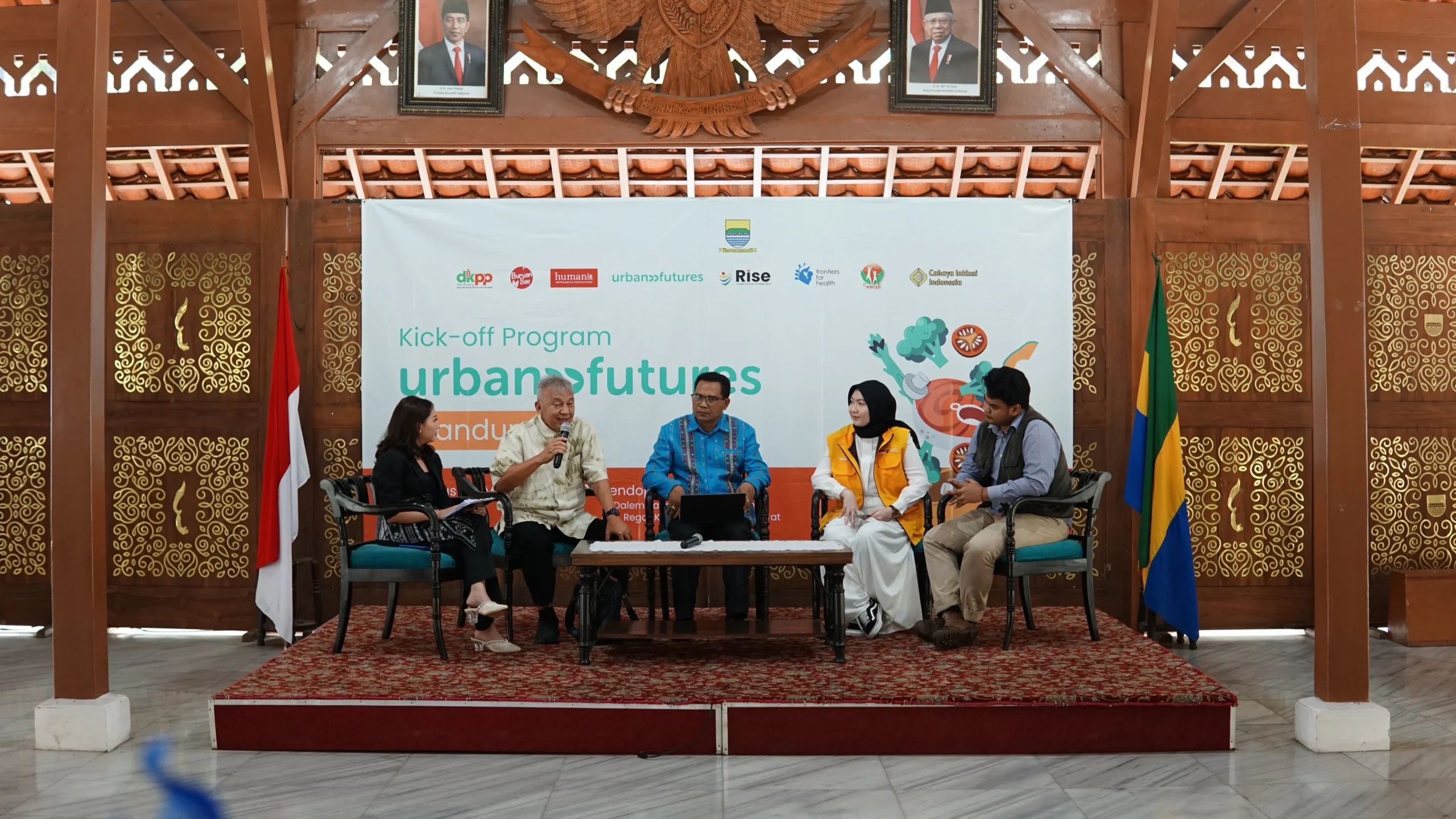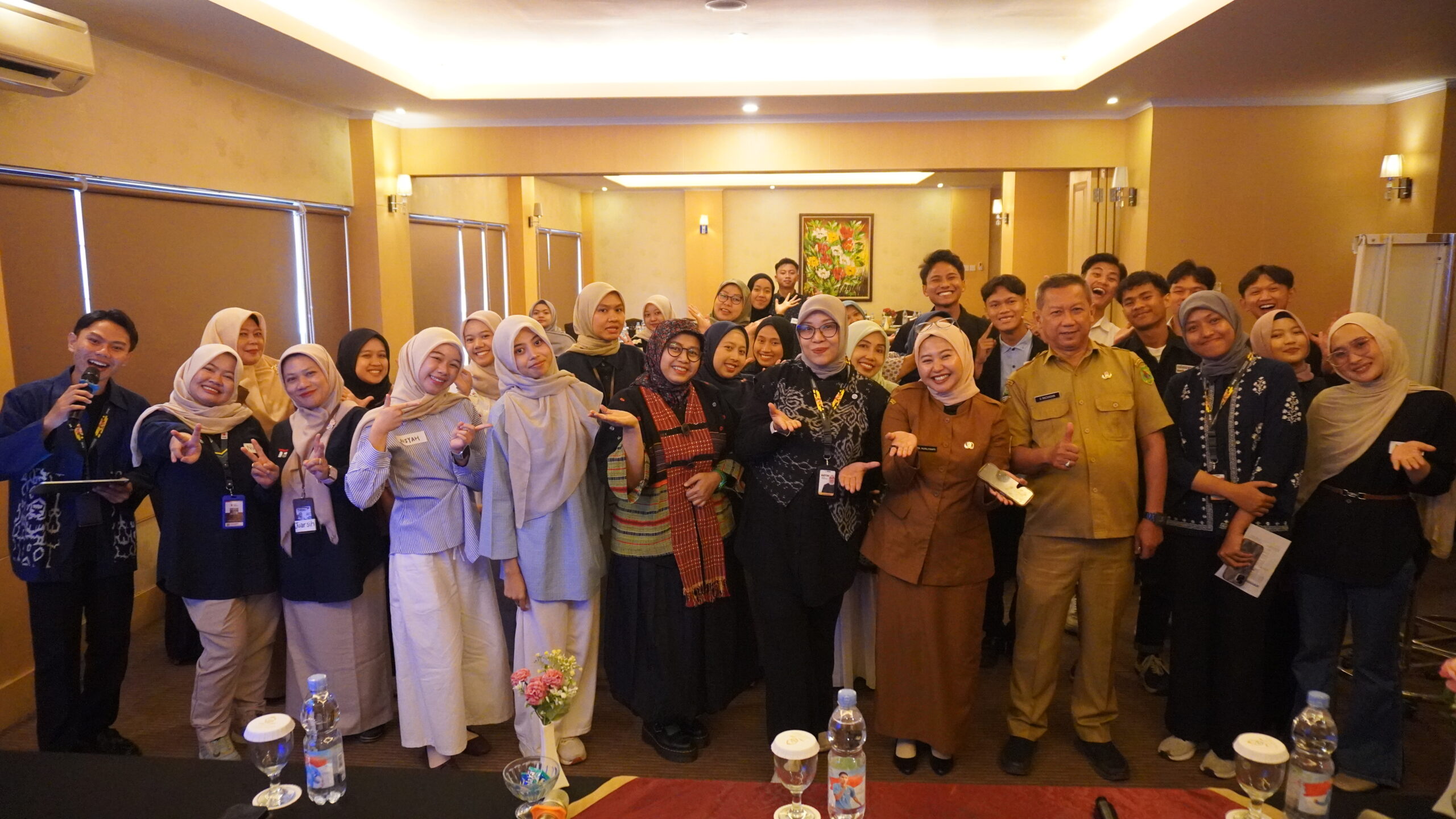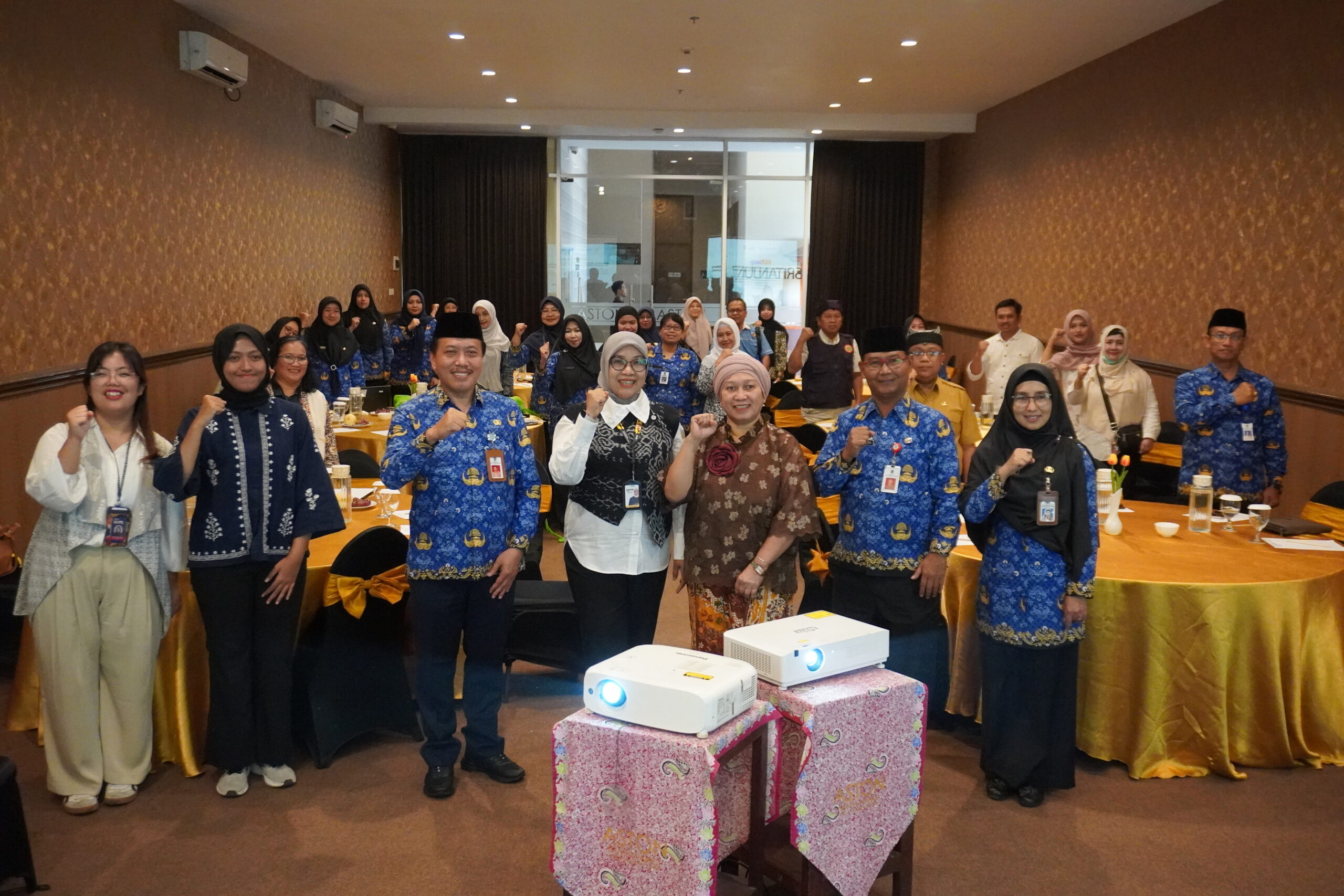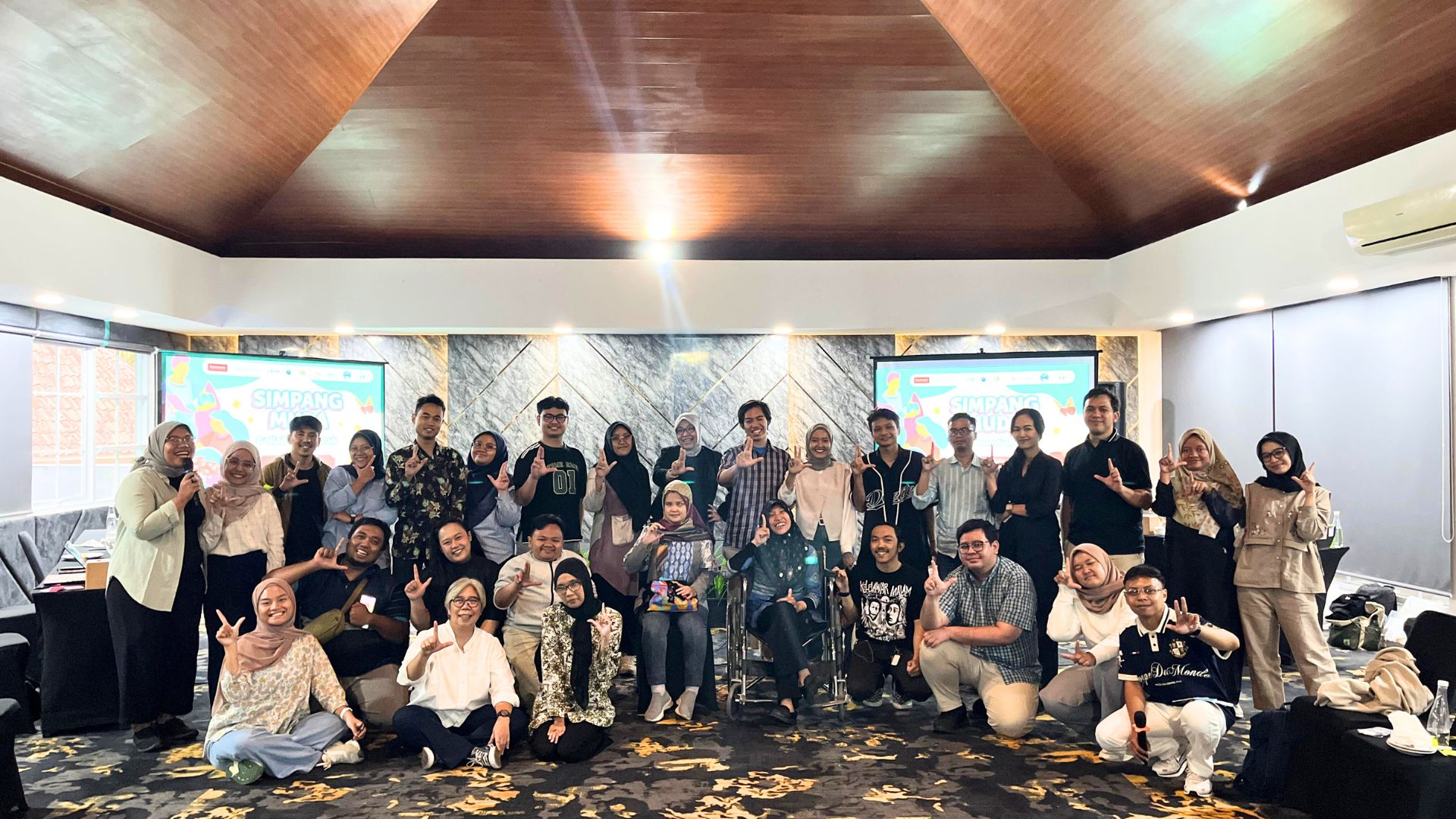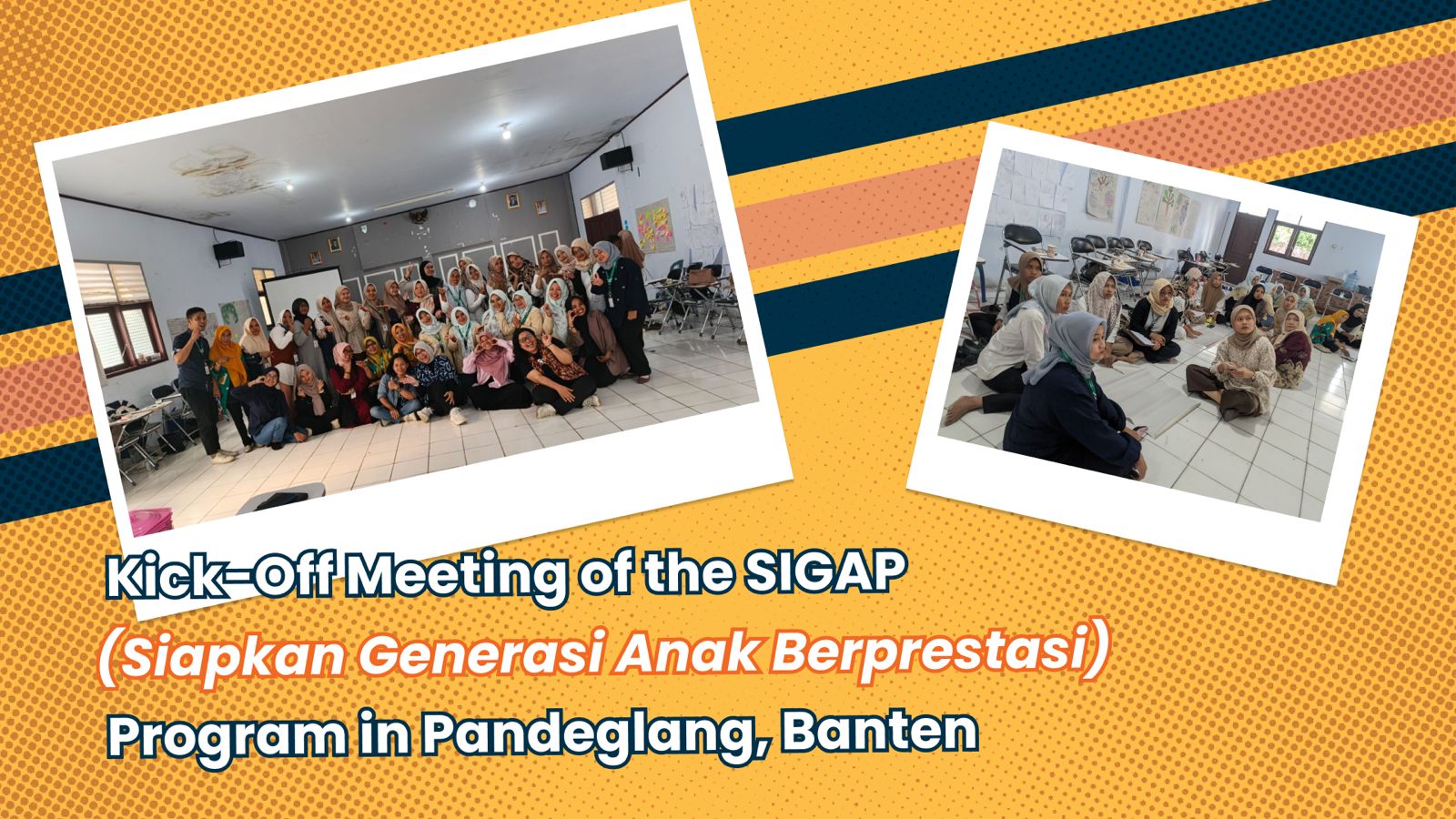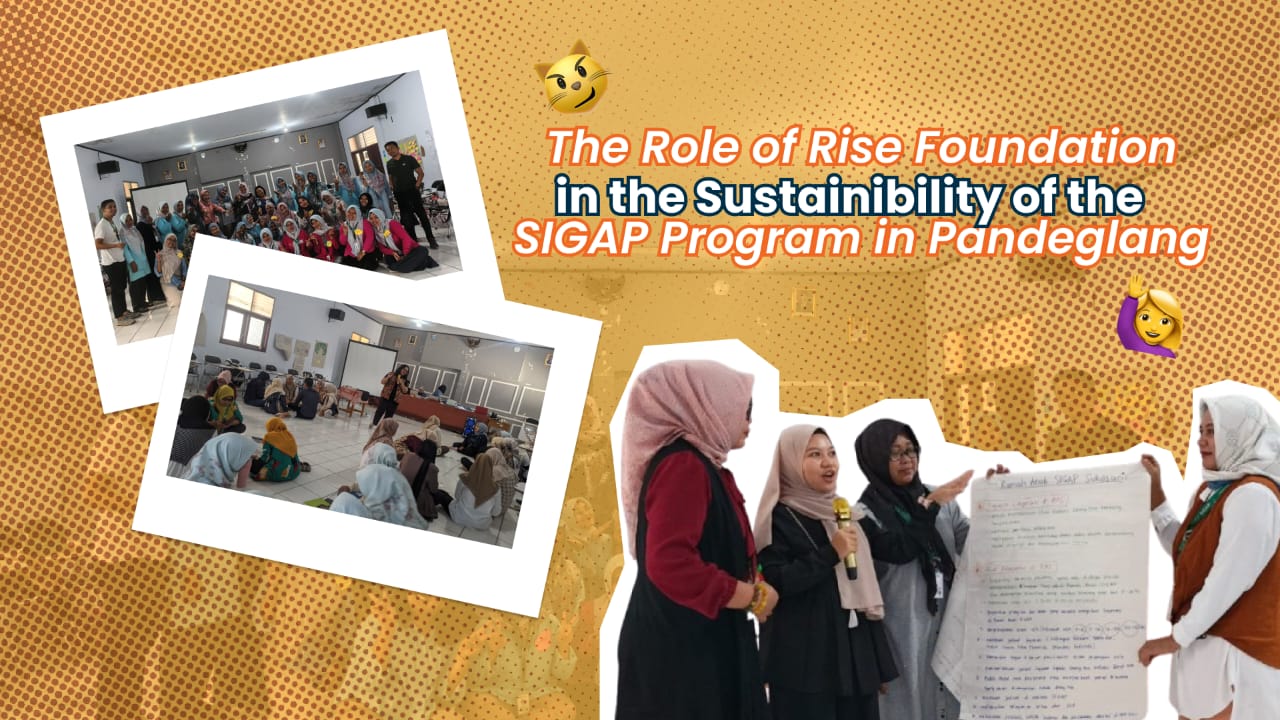Bandung is taking a leading role in transforming urban food systems. As one of 10 cities worldwide selected to implement the five-year global program (2023-2027) namely Urban Futures, Bandung aims to address urban food system challenges, enhance youth participation, and respond to climate change.
“As part of Indonesia Emas Vision 2024, urban and regional food design is a key focus. The contribution of Urban Futures is transformative for food systems as it tackles three major issues: the climate crisis, inclusivity, and community rights,” said Jarot Indarto, Ph.D., Director of Food and Agriculture at the Ministry of National Development Planning/Bappenas.
“Bandung has been an active member of the Milan Urban Food Policy Pact (MUFPP) since 2020. The commitment from key stakeholders regarding the Multi-Stakeholder Forum, along with the current government agenda on developing the Regional Food and Nutrition Action Plan (RAD-PG), is the right momentum to support Bandung’s government in aligning these agendas with the Urban Futures program,” said Mrs. Tunggal Pawestri, Executive Director of the Yayasan Humanis dan Inovasi Sosial (Humanis).
Bandung has actively engaged with the Milan Urban Food Policy Pact, improving its urban food system by involving multi-stakeholder platforms in designing the RAD-PG. In support of Bandung’s food system issues, Urban Futures spurs innovation and creates new opportunities for the younger generation. Key focuses include expanding urban agriculture, enhancing food storage capacity, promoting healthy food initiatives, and addressing food waste issues.
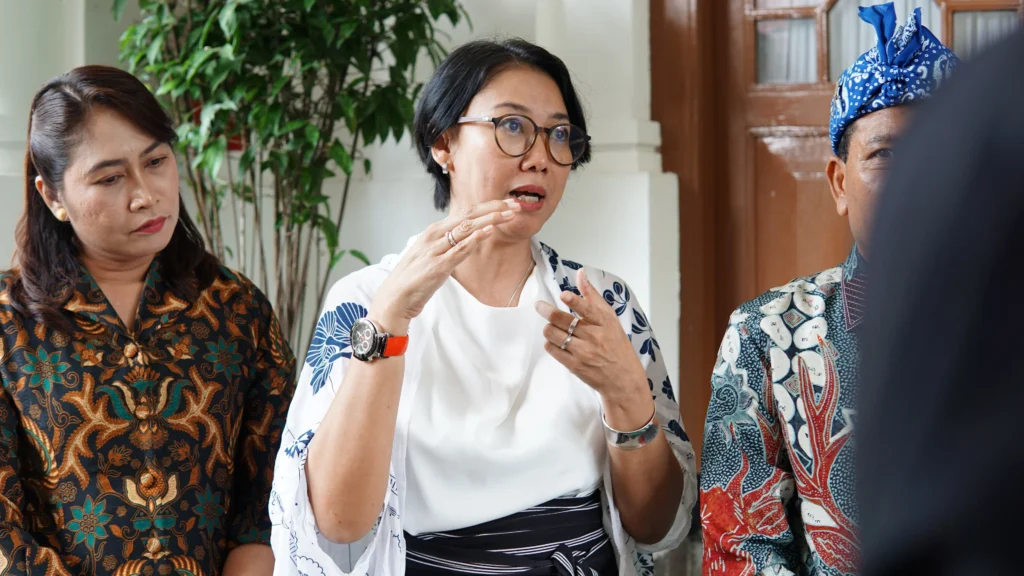
“The food sector is one of the largest industries in Bandung, providing numerous job opportunities. However, women and vulnerable groups in this industry face challenges like limited financial access and a lack of market information, requiring sustainable and inclusive policy solutions,” added Mrs. Tunggal Pawestri.
Urban Futures aims to create an inclusive and climate-resilient urban food system, ensuring meaningful youth participation. Inclusivity is crucial for building a fair and sustainable city, achievable only by involving various stakeholders, including the government, to develop transformative policies through youth-driven initiatives.
Urban Futures Kick-Off: Mark the Beginning Towards a Sustainable Bandung City
The Urban Futures Kick-Off on March 5, 2024, at Pendopo Kota Bandung marks the start of the program’s implementation. The event officially introduced the Urban Futures program to local stakeholders, providing an opportunity for local governments, NGOs, the private sector, and civil society to actively engage in the program’s local implementation. This event not only marks the beginning of the program in Bandung but also a key moment for creating positive and sustainable urban development changes.
The kick-off was attended by government agencies, including the Directorate of Food and Agriculture of the Ministry of National Development Planning/Bappenas, Bandung City Government, and Manggarai Barat Regency Government. Non-profit organizations and research institutions such as RISE Foundation, Pamflet Generasi Association, Prestasi Junior Gemilang Indonesia Foundation, Article 33 Indonesia Foundation, AKATIGA Foundation, and WRI Indonesia, along with youth representatives and SMEs, were also present.
“This program is our effort to ensure food resilience so that we do not depend on other regions,” said Mr. Eric Mohamad Atthauriq, Assistant for Economic and Development Affairs, Bandung City Secretariat.
The event concluded with a talk show titled “Meaningful Youth Participation in Creating Inclusive and Sustainable Food System Transformation in Bandung.” Four panelists shared their involvement in transforming the food system and engaging youth: Dr. Ir. Entang Sastraatmadja, M.S. (Chairman of the Indonesian Farmers Harmony Association West Java), Agustinus Gias, S.Pd. (Head of Economy and Natural Resources, Bappeda Manggarai Barat), Raihan Kurniawan (Seroja Bake), and Mei Ping Chandra (Millennial Farmer Bandung).
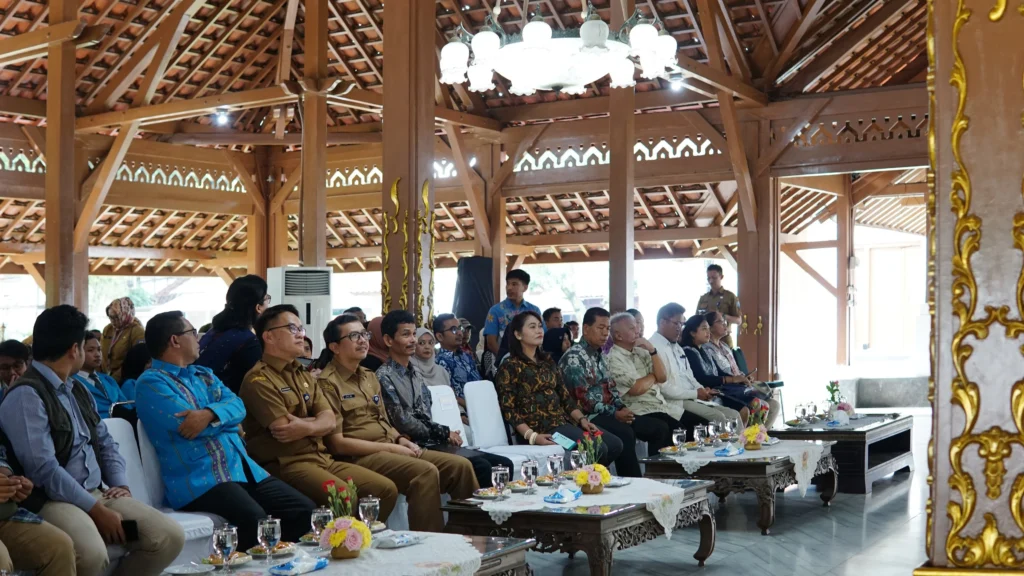
One youth innovation highlighted during the talk show was modified cassava flour (mocaf) as an alternative to wheat flour. Another highlighted innovation was high-quality artisan tea, benefiting young consumers and tea farmers.
“Indonesian artisan tea is an innovation in tea quality, indirectly improving the welfare of tea farmers,” said Mei Ping Chandra, a Millennial Farmer Bandung and founding member of Teabumi.
The RISE Foundation, a non-profit organization dedicated to enhancing youth capacity and involvement in various developmental aspects, was chosen to lead the Kick-off Meeting Urban Futures Bandung and Consortia Leader for the Food Coalition and Youth Network Consortium (KOPAJA). This consortium, comprising local partner organizations in Bandung—Frontiers for Health (F2H), Secretariat for Children’s Society (SEMAK), and Cahaya Inklusi Indonesia (CAI)—is committed to bringing positive and sustainable changes to the urban food structure. Supported by the Yayasan Humanis dan Inovasi Sosial (Humanis), the Bandung City Government, and various local partners, the Urban Futures program was officially launched in Bandung.

